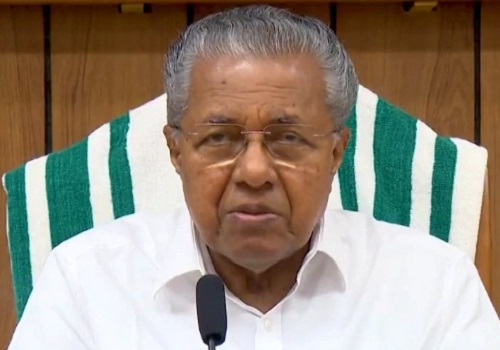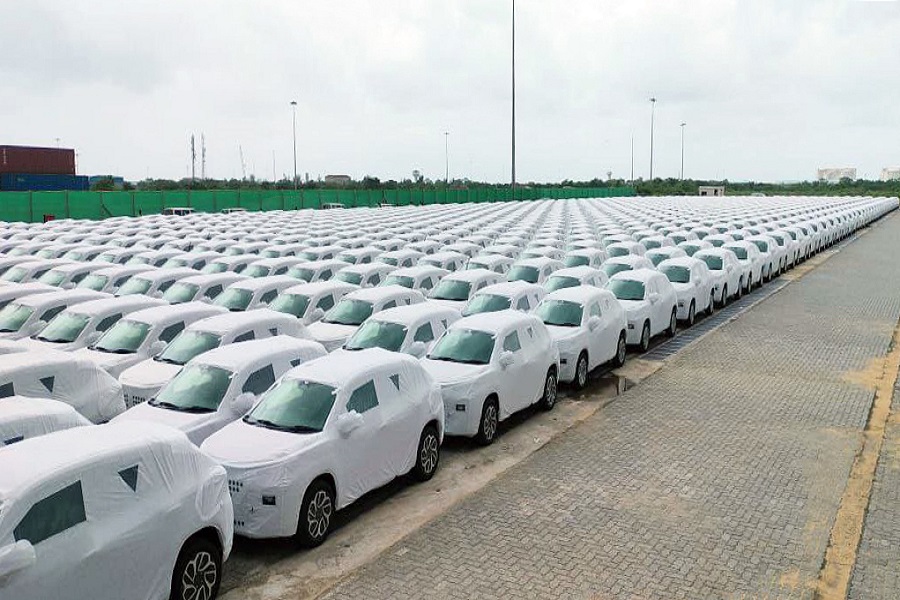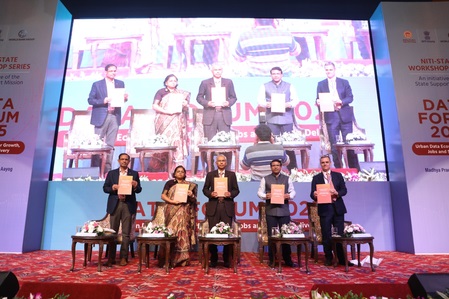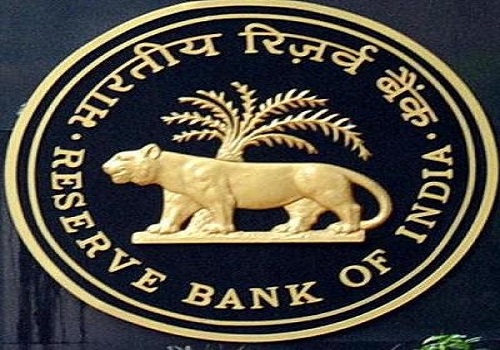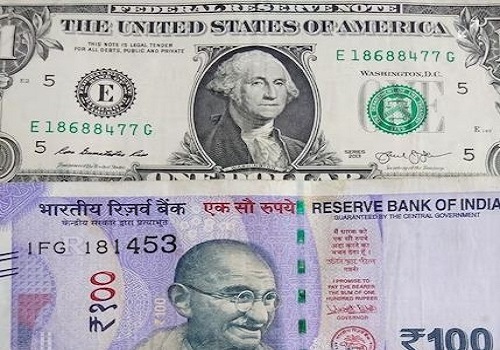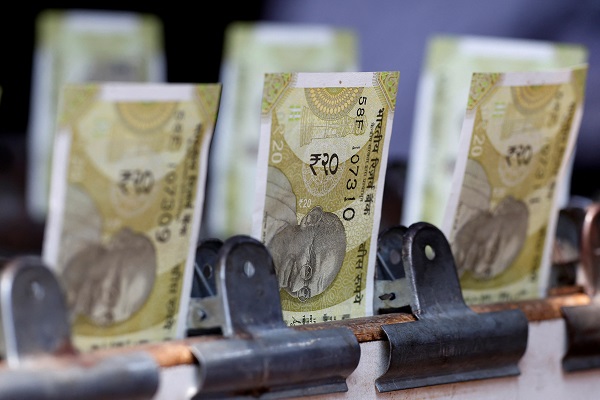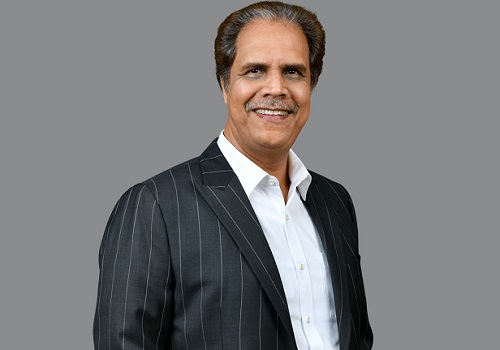The sustainable development goal gap of more than $ 4 trillion is not going to come from donor funding or philanthropy. It has to be mainstreamed - Mr. Royston Braganza, CEO, Grameen Capital
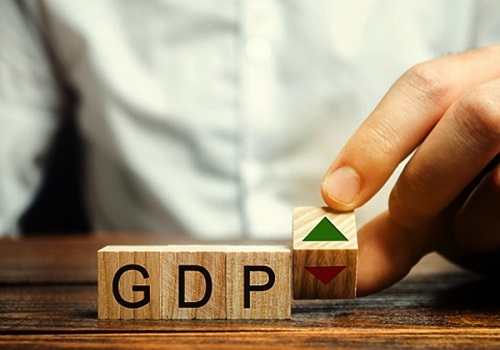
India has been experiencing a significant economic impact due to climate change. According to a report by the World Bank, India is expected to suffer a significant economic impact due to climate change by the year 2050. It predicts that India's GDP will decrease by 2.8% as a result of the negative consequences of climate change. This could have far-reaching consequences for the country and its citizens, highlighting the urgent need for action to mitigate the effects of climate change.
According to Mr. Royston Braganza, CEO of Grameen Capital, Mumbai, the economic impact of climate change is not just a concern of the future. We are seeing it today in floods, landslides, and other natural disasters. He was the keynote speaker at the Economics Conclave organised by the NMIMS Sarla Anil Modi School of Economics on February 27, 2024. “They say $ 14.2 trillion worth of property will be affected due to climate. So, it is about creating resilient livelihoods and opportunities for climate migrants. Reports say $ 9 trillion will be needed to finance some of these challenges,” he said while discussing how microfinance may present a pathway to sustainable solutions.“The sustainable development goal gap of more than $ 4 trillion is not going to come from donor funding or philanthropy. It has to be mainstreamed,” he added.
NMIMS has always been at the forefront of discourses on subjects that have a widespread societal impact. Aiming to address the pressing issue of climate and its economic repercussions in the Indian context, the conclave saw panel discussions by industry experts. Moderated by Mr. Rahul Prithiani, Senior Director & Global Head - Sustainability, Energy and Commodities at CRISIL, the panel included Mr. Manish Kumar,Head - ESG & CSR, ICICI Bank Limited, Mr. Pranav Garimella, Programme Manager,Climate Programme, WRI India, and Mr. KalpeshGada, Advisor,Climate Policy Initiative.
Welcoming the panelists, Prof. Amita Vaidya, Director of NMIMS Sarla Anil Modi School of Economics, said,“India is very vulnerable and the economic impact on the overall macro and social environment can be immense. RBI’s Department of Economic and Policy Research says in its report on currency and finance 22-23 that the change due to rising temperatures and the changing pattern of monsoon in India could cost the Indian economy 2.8% of its GDP and depress the living standard of half of the population by 2050 in the absence of policies to mitigate the impact of climate change.”
Mr. Rahul Prithiani set the tone for the discussionby highlighting the many measures taken by the Indian government likepromoting domestic production of value chain components of solar and Electric Vehicles apart from having a strong agenda to promote green hydrogen. “The challenge is whether we will have enough funding,” he said, adding, “SEBI has made it mandatory for businesses to report on responsibility and sustainability in addition to normal financial reporting. With more and more data coming from companies, there will be more compliance. That is the first step to addressing some of the concerns and there has been a marked change in corporate behaviour toward adopting sustainable practices.”
Talking about the economic impact of climate change, Mr. Pranav Garimellaspoke about their research suggesting that a 2 to 3.2 degrees Celsius rise in average temperature, is likely to have an impact of a 9% to 28% reduction in revenues in the agriculture sector. The overall economy will probably see about 1.8% of our GDP loss to about 2.8 %. “We have to decarbonise our economy by achieving our renewable targets by switching to EVs and climate resilient agriculture,” he said.
Meanwhile, Mr. Manish Kumarspoke about the corporate sector playing a big role by aligning itself with the country’s 2070 net zero goal. He said, “There are interim targets for 2030 too and we have pledged that 50% of the energy consumed by the country will be through renewable sources.Banks are preparing themselves to support financial requirements to reach our nation’s goals and corporates are pledging more equity into green and sustainable projects.”
Mr. KalpeshGada, while saying that it is not the planet but the humans and the myriad species that call it home which is in danger, said, “The urgency of climate action demands sacrifices today for benefits we may not see immediately. The key to addressing climate change lies in transitioning to greener technology and cleaner energy sources. Funding is crucial for this transition and will require innovation and the maximisation of existing capital while seeking new avenues of investment. I urge the government to come out with a clear taxonomy of green initiatives and would like to see the establishment of dedicated green financial institutions that can further drive progress."








